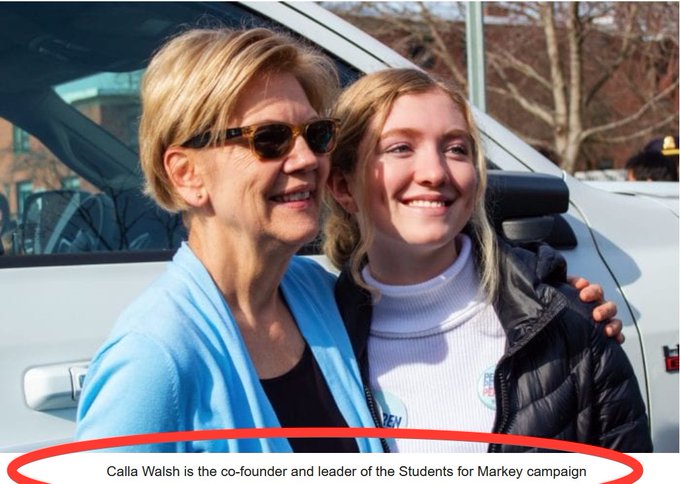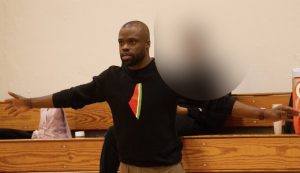Calla Mairead Walsh, a key figure in Boston’s “Jew Mapping Project,” has been arrested for vandalizing an Israeli-owned business, Elbeit.
Who is Calla Walsh?
Calla Mairead Walsh, a prominent figure in the controversial “Jew Mapping Project” in Boston, has been apprehended following the vandalization of Elbeit, an Israeli-owned business. Walsh, along with Bridget Irene Shergalis and Sophie Marika Ross, allegedly spray-painted the building with red paint to simulate blood and smashed windows.
Also read | Who is Skigh Johnson? Woman suspected in antisemitic Starbucks vandalism graffiti attack arrested
The trio faces charges of riot, sabotage, mischief, trespassing, and disorderly conduct. The incident has drawn attention to the broader “Mapping Project” promoted by BDS Boston, prompting 37 House members to call for a federal investigation.
A notable aspect of the controversy involves Walsh’s affiliation with BDS Boston, evident from her Twitter profile. Photos circulated online show Walsh with Senator Elizabeth Warren, raising questions about the connections between BDS activists and political figures.
Senators Warren and Markey previously criticized the “Mapping Project,” denouncing it as “dangerous and irresponsible” amid a rising concern about antisemitism. Congresswoman Ayanna Pressley also referenced white supremacists while addressing the project, despite BDS Boston’s alignment with radical pro-Palestinian supporters.
The incident comes at a time when hate-fueled violence is on the rise, with the FBI citing 2022 as the worst year since recording began in 1992. Recent events, inspired by events in Israel and Gaza, have already led to tragic outcomes, such as the stabbing attack in Joliet, Illinois, and threats against the Jewish community.
The historical pattern of mirroring overseas conflicts in domestic communities, along with the influence of social media, raises concerns about potential escalations. As tensions persist in the Middle East, the impact on communities in the United States remains uncertain, underscoring the need for vigilance and proactive measures against hate-fueled actions.







